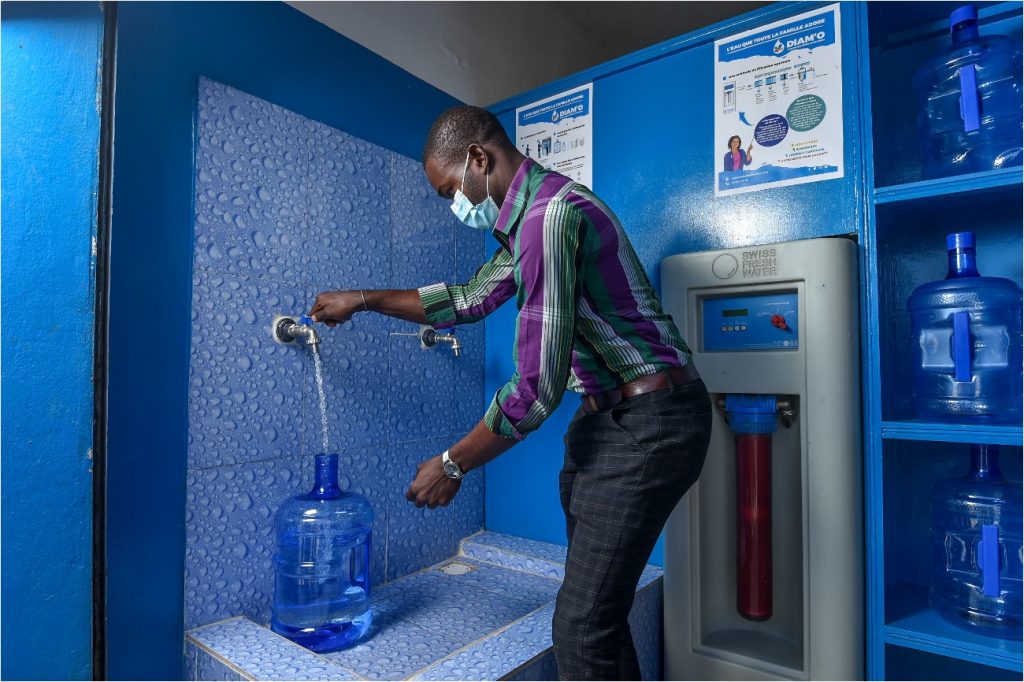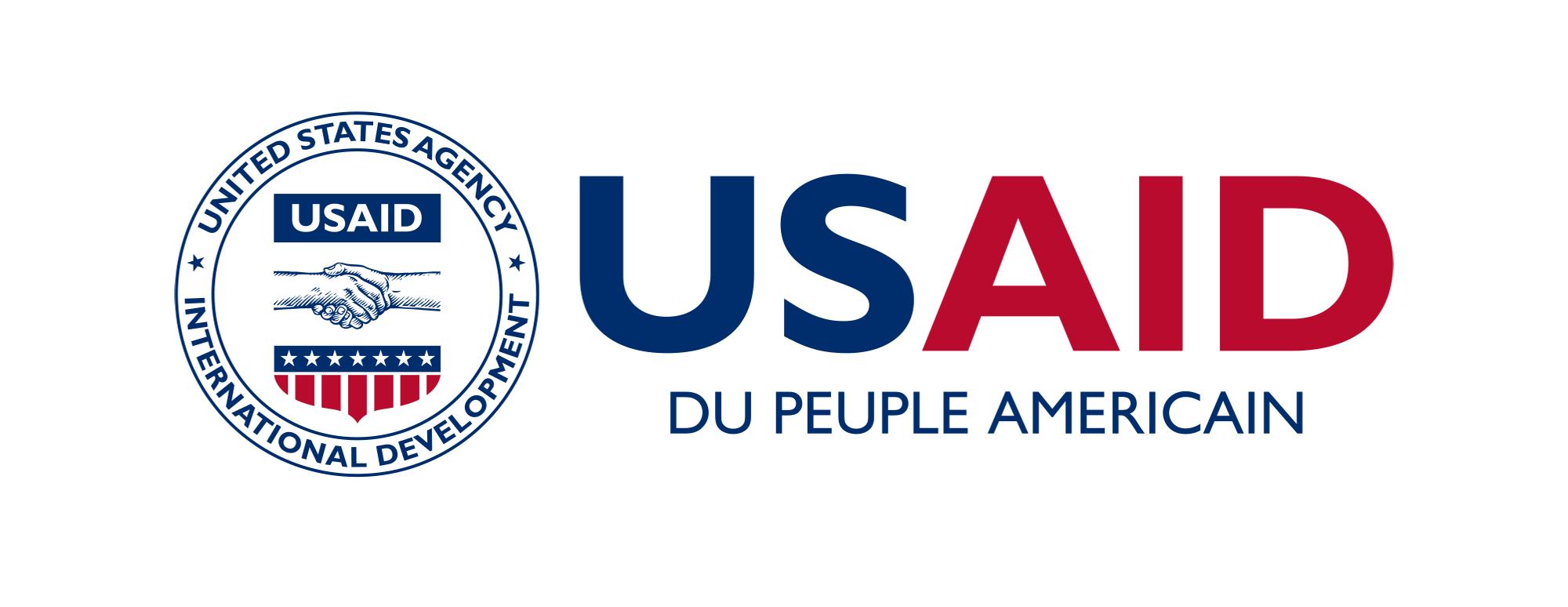When surrounded by vast swaths of desert land, water becomes a priceless commodity. This is the story of West Africans living in the Sahel, the arid belt that separates the region’s more tropical climate from the Sahara Desert. Water scarcity in the Sahel is not a new phenomenon, but extreme weather events such as droughts and changes in rainfall patterns, coupled with a dearth of infrastructure for water management and supply, have led to the situation deteriorating over time. Water bodies that would supply communities are running dry, some for the first time in their history, and families are forced to travel extensive distances to access potable water. This limited water access, in turn, makes communities more vulnerable to food insecurity and poorer health outcomes in the long term.
It is crucial that these West African countries most affected by inequitable water access are supported to harness their water supply and implement sustainable water management systems to meet water and food security needs. The USAID-funded West Africa Trade & Investment Hub approaches to access to clean water as interconnected with climate change—our partnerships in the Sahel that address water and food security combine innovations in water management and agriculture with critical interventions to minimize the environmental impact of their activities and ensure circular water management to reduce waste.
In the peri-urban and rural areas of three regions in Senegal—Dakar, Thies, and Kaolack—West Africa Water, a Trade Hub partner in the WASH (Water, Sanitation, and Hygiene) industry, tackles the problem of water inaccessibility. West Africa Water, a subsidiary of the Swiss Fresh Water Group, installs kiosks with water treatment machines that can treat brackish and fluorinated water to make it potable, an intervention that has seen lower incidences of water-borne diseases in the communities they operate. At the kiosks, consumers can purchase 19-litre bottles of water, and return the bottles to be replaced, minimizing their dependence on the typical single plastic bags of water that contribute massively to plastic pollution. With their Trade Hub grant, West Africa Water is setting up 25 new kiosks and renovating 25 existing ones to enable them to further improve their filtration technology and broaden their areas of reach.
“People’s need for safe, affordable drinking water is high. The key to ensuring the sustainability of our business is to continue to build a solid foundation and demonstrate the economic sustainability of the water kiosk model, which provides a shared value between the beneficiaries (safe and affordable water), the entrepreneur, and the employees (job creation), and finally society at large (environmental protection, fight against the informal economy),” said Thomas Gajan (West Africa Water’s Managing Director) in an interview with the Trade Hub.
To date, West Africa Water has successfully deployed 43 water kiosks that produce safe drinking water for more than 200,000 people. The company guarantees that its water bottles are sold at a rate at least three times lower than the cheapest mineral water on the market and adjusts pricing to the purchasing power of the populations where the kiosks are installed, to ensure that their service remains accessible to the people who need it most.

Beyond the vital need for water that is safe for direct consumption, agricultural production accounts for about 85 percent of the use of water resources worldwide. As climate events grow more extreme and rainfall patterns more unpredictable, West African smallholder farmers who account for most of the region’s agricultural productivity are some of the worst affected. Speaking at an event hosted by USAID, the Sustainable Water Partnership, Winrock International, and the Wilson Center,
Laura Schulz (Acting Deputy Assistant Administrator in USAID’s Bureau for Economic Growth) remarked, “Food production is the largest consumer of water and also represents the largest unknown factor of future water use as the world’s population continues to balloon, and we face increasing weather-related shocks and stresses.”
This situation is especially poignant in Niger, the largest country in Africa by land mass, with most of that land located in the Sahara Desert. Niger regularly faces droughts and floods that destroy crops and livestock, and with changing weather patterns, is experiencing worsening desertification and land degradation. The landlocked country also has one of West Africa’s fastest-growing populations, and the result is extreme pressure on its water resources and consequently, higher risks of food insecurity.
In 2021, The Trade Hub awarded a co-investment grant to La Ferme Semencière Ainoma (FSA) an agribusiness engaged in the development of improved seeds and production of vegetables, to support the company in establishing a water management system to enable it to operate more effectively in Niger’s arid climate. The company, which was previously completely dependent on rainfall, was essentially forced to close operations during the dry season (April to September every year) as agricultural production was nearly impossible. With the Trade Hub grant, FSA installed a drip irrigation system on 100 hectares of farmland, with an additional 15 hectares to be installed in July 2023.
The intervention has equipped FSA to produce year-round, projecting to harvest more than 3,500 additional tons of vegetables over the period of their Trade Hub project, thus guaranteeing an income for its producers while also contributing to the achievement of Niger’s food security objectives.
Across West Africa, the Trade Hub partners with innovative private sector companies that are implementing projects tailored to meet the specificities of their countries’ water and food security needs. In the Sahel, where water inaccessibility is especially dire, our partners are building resilient water management systems and adapting their production to use water in a more circular and sustainable manner. Water is essential to human life and ensuring not only access, but also conscious management, is critical to achieving water and food security for West Africa’s most vulnerable populations.

